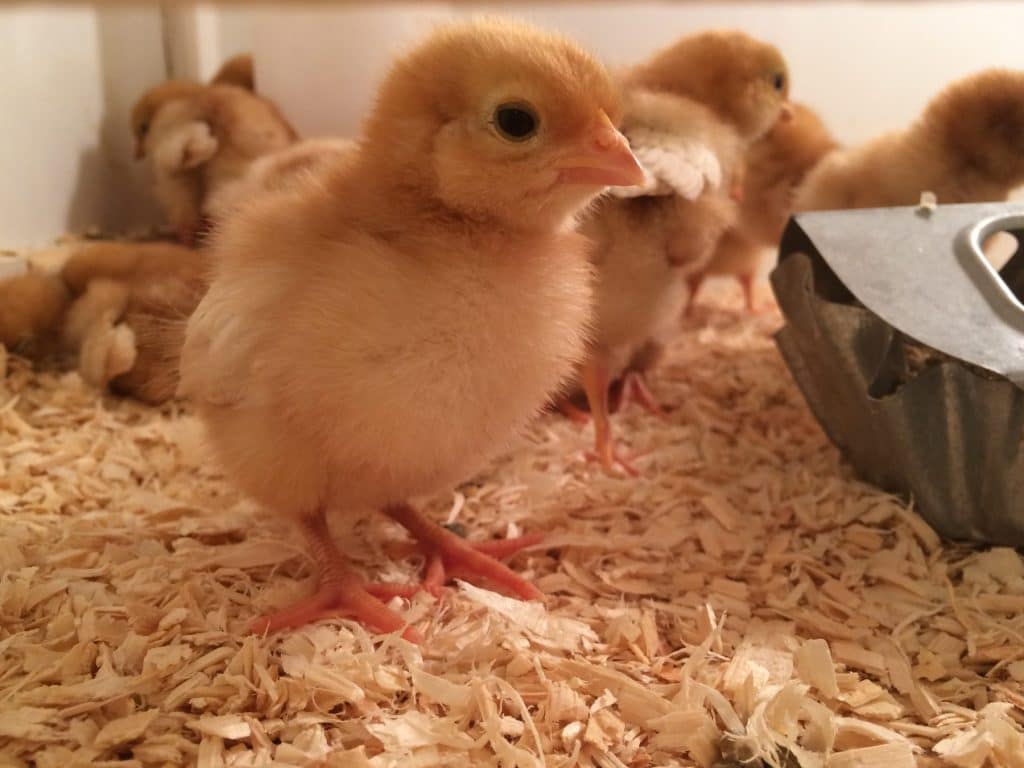Interested in learning how to raise chickens?
UPDATE: ALL CLASSES ARE HELD VIA ZOOM. YOUR CONFIRMATION EMAIL WILL INCLUDE THE ZOOM MEETING LINK AND A GOOGLE DRIVE LINK TO THE CLASS MATERIALS.
This class covers everything you need to know about raising chickens, bio-security, predators, the best diet, coops, breeds, equipment, egg production, winter and cold weather, bird costs, breeds, and much, much more!
Learn accurate information about your baby and adult birds. There is a lot of bad information out there on the internet but this class will equip you with accurate, up to date, and reliable information. Your chickens, especially the babies, are very fragile and can catch diseases very easily, so this class covers bio-security in detail.
The average class size is usually around 15 to 25 people. Over 1000 people have taken this class since 2018. The feedback we regularly get from attendees is that they are very appreciative of the extensive, practical information and they tell us that are way more successful with their birds than others who have not taken the class. This is an interactive class – we encourage participation and questions. Your questions will be helpful to others.
This class lasts about two hours long, with time for questions and answers afterward.
Local, experienced, and knowledgeable poultry expert from our partner at Fulenwider Poultry teaches this class. For over 30 years he has been hatching, raising and selling hundreds of thousands of common and exotic chickens every year. You will leave this class with the information you need to be successful. The instructor regularly manages the poultry exhibits at many local and regional events, such as the Denver County Fair and other poultry competitions. He is a frequent poultry consultant when chicken farmers have health issues with their birds.
The Cost is $20 per household. Gather everyone in your home and join us!
The class includes written materials, including a class workbook containing chicken information and space for note taking, bio-security information from the U.S. Department of Agriculture, and brooder kit information.

